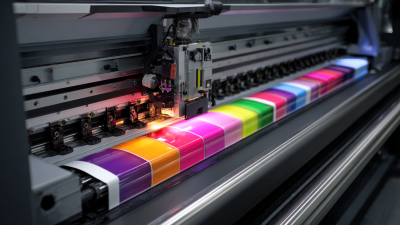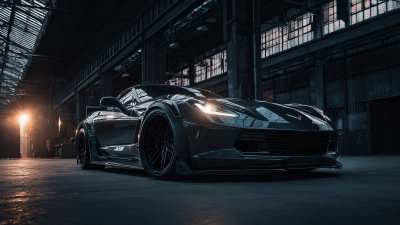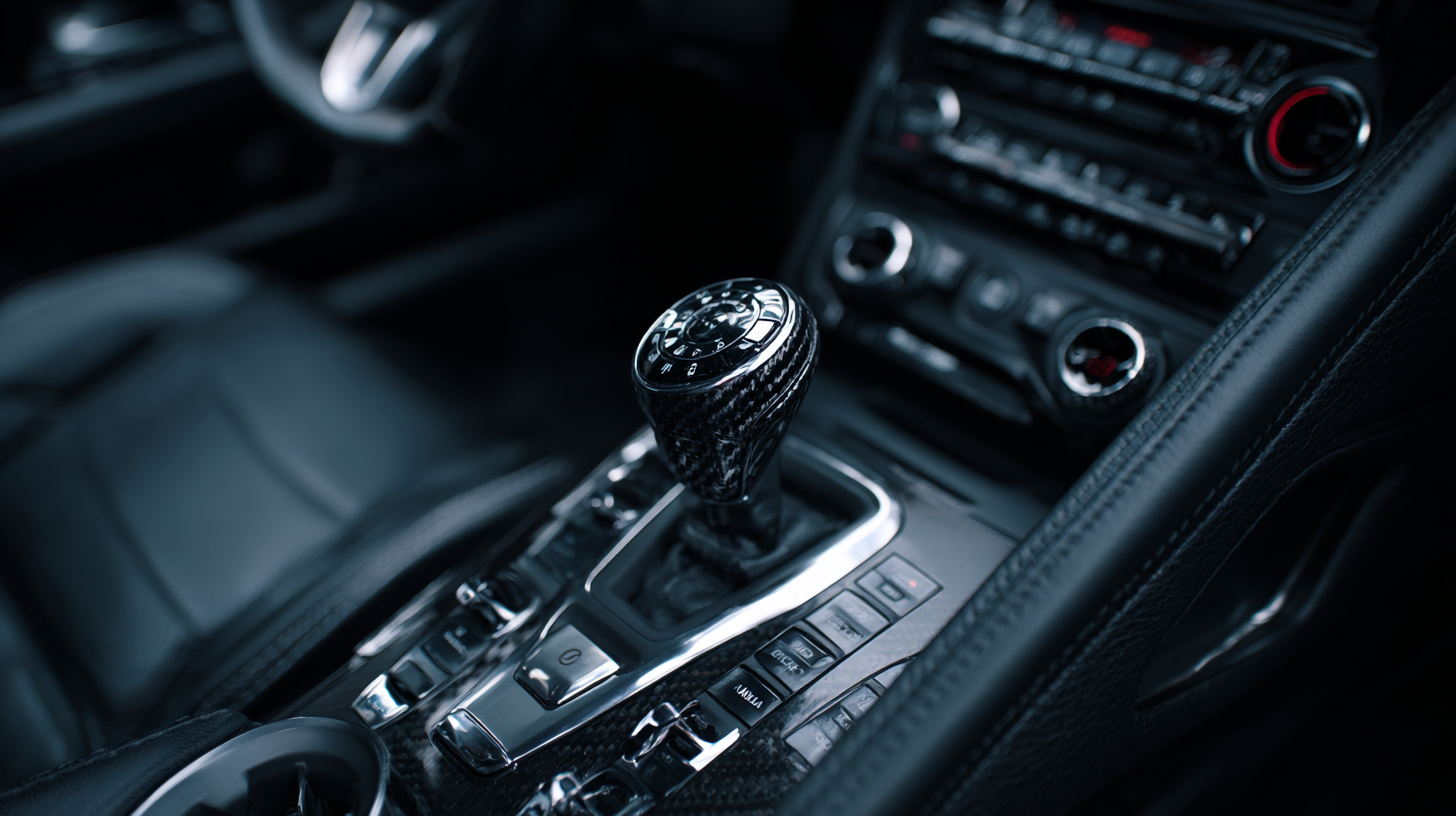 In the automotive industry, the demand for vehicle protection has seen a significant increase, with a market projection expected to reach $42 billion by 2025, according to recent reports. This surge can be attributed to escalating concerns about paint damage and the gradual depreciation of vehicle value, which highlights the importance of protective measures. One of the most effective methods for safeguarding vehicles is the use of a Ppf Machine (Paint Protection Film Machine), which applies a clear, durable film that shields the vehicle’s exterior from scratches, chips, and contaminants.
In the automotive industry, the demand for vehicle protection has seen a significant increase, with a market projection expected to reach $42 billion by 2025, according to recent reports. This surge can be attributed to escalating concerns about paint damage and the gradual depreciation of vehicle value, which highlights the importance of protective measures. One of the most effective methods for safeguarding vehicles is the use of a Ppf Machine (Paint Protection Film Machine), which applies a clear, durable film that shields the vehicle’s exterior from scratches, chips, and contaminants.
Studies indicate that vehicles treated with paint protection film maintain their resale value up to 25% higher than those without, making the investment in a Ppf Machine not only a smart choice for car enthusiasts but also a necessary tool for professionals in the automotive detailing industry. Understanding these benefits empowers vehicle owners and professionals alike to make informed decisions regarding vehicle protection.
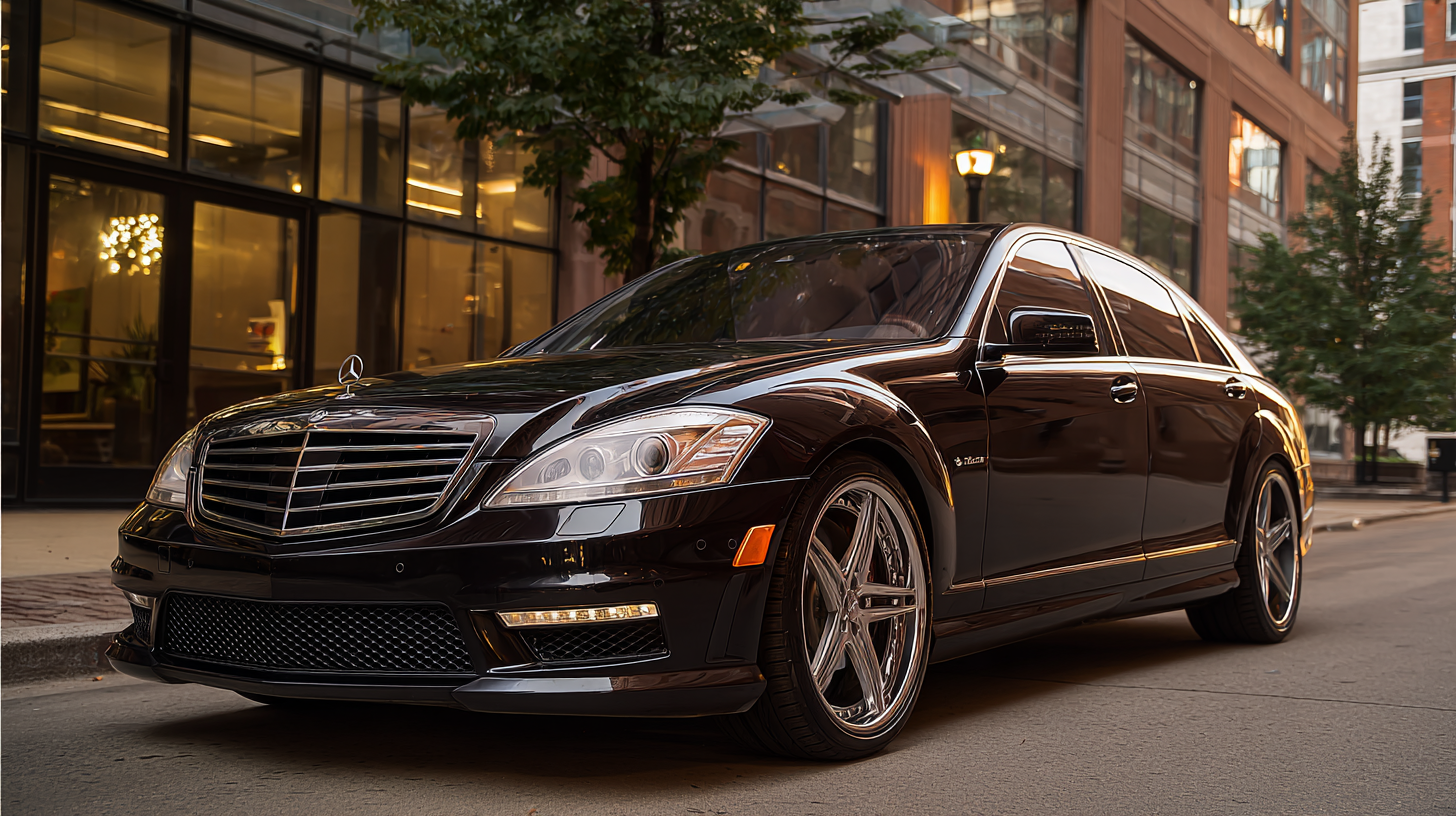 Paint Protection Film (PPF) machines have revolutionized the automotive industry by providing an advanced solution for vehicle protection. One of the primary benefits of utilizing PPF machines is their ability to apply a transparent layer of protection that guards car surfaces against scratches, chips, and environmental damage. This not only helps maintain the vehicle's aesthetics over time but also preserves its resale value. With the precision offered by these machines, the film can be tailored to fit various vehicle models, ensuring comprehensive coverage.
Paint Protection Film (PPF) machines have revolutionized the automotive industry by providing an advanced solution for vehicle protection. One of the primary benefits of utilizing PPF machines is their ability to apply a transparent layer of protection that guards car surfaces against scratches, chips, and environmental damage. This not only helps maintain the vehicle's aesthetics over time but also preserves its resale value. With the precision offered by these machines, the film can be tailored to fit various vehicle models, ensuring comprehensive coverage.
Tips for effective PPF application:
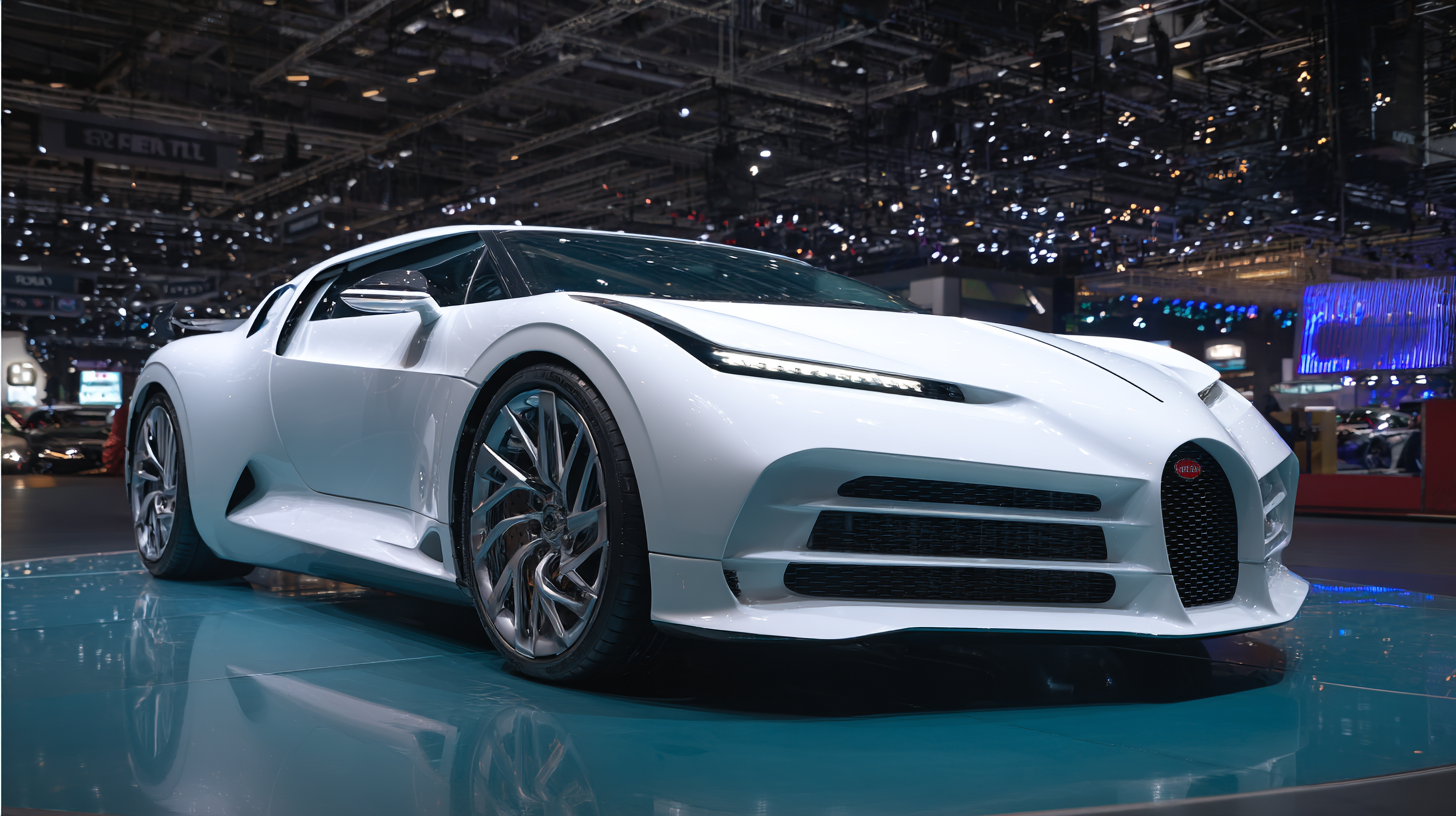 Paint Protection Film (PPF) machines have revolutionized the automotive detailing industry by enhancing vehicle durability and aesthetics. According to a report by the International Carwash Association, nearly 60% of car owners believe that protecting their vehicle's paint is essential for maintaining its value. PPF acts as a robust shield against UV rays, road debris, and chemical contaminants, significantly reducing the risk of scratches and fading over time. Data indicates that vehicles treated with PPF can retain up to 85% of their paint quality after five years, compared to those without such protection.
Paint Protection Film (PPF) machines have revolutionized the automotive detailing industry by enhancing vehicle durability and aesthetics. According to a report by the International Carwash Association, nearly 60% of car owners believe that protecting their vehicle's paint is essential for maintaining its value. PPF acts as a robust shield against UV rays, road debris, and chemical contaminants, significantly reducing the risk of scratches and fading over time. Data indicates that vehicles treated with PPF can retain up to 85% of their paint quality after five years, compared to those without such protection.
Furthermore, the aesthetic benefits of PPF are undeniable. A survey conducted by Automotive News revealed that more than 70% of car enthusiasts prefer vehicles with a flawless paint finish, believing it enhances their overall appeal. PPF machines not only ensure a precise application of the film, reducing human error but also allow for custom designs and wraps that can transform the look of a vehicle. With advancements in technology, modern PPFs are nearly invisible, providing an additional layer of gloss and depth to the paint, helping car owners maintain a showroom-quality appearance for longer.
The cost-effectiveness of Paint Protection Film (PPF) installation is a significant consideration for vehicle owners looking to maintain the aesthetic and resale value of their cars. According to industry reports, vehicles equipped with PPF have shown to maintain up to 80% of their resale value after five years, compared to those without protection, which can lose nearly 50% of their value in the same period. This difference underscores the financial benefits of investing in PPF for long-term vehicle care.
Installation costs for PPF vary depending on vehicle size and film quality, but studies indicate that the average investment ranges between $1,500 to $3,500. This initial cost is often offset by reduced expenses related to paint repair and maintenance, which can easily exceed $2,000 for minor damages. Furthermore, features such as self-healing technology found in high-quality PPF can help maintain a vehicle's appearance, minimizing the need for frequent touch-ups and ultimately leading to lower long-term care costs. Thus, while the upfront expense may seem substantial, the overall savings and enhanced vehicle protection make PPF a wise investment for many drivers.
The debate between PPF machines and traditional vehicle protection methods has gained traction as advancements in technology redefine the automotive care landscape.
PPF (Paint Protection Film) machines offer a level of precision and efficiency that traditional methods simply cannot match. By employing sophisticated machine-vision technology and integrated solutions, these machines ensure that the film application process is not only more accurate but also significantly faster. This is crucial for automotive businesses looking to streamline their services without compromising quality.
Furthermore, the introduction of high-precision cutting solutions enhances the versatility of PPF machines. Unlike traditional techniques that often rely on manual labor, leading to potential errors and inconsistent results, PPF machines allow for standardized application that directly conforms to the unique contours of each vehicle.
As the industry moves toward more automated solutions, the benefits of adopting PPF machines become increasingly apparent, especially for providers aiming to boost their operational efficiency and customer satisfaction in a competitive market.
Advancements in technology are increasingly enhancing the efficiency of Paint Protection Film (PPF) machines, offering benefits that are transforming vehicle protection. Modern PPF machines incorporate artificial intelligence and automation to optimize application processes, ensuring precision and reducing the likelihood of errors. According to recent industry reports, the integration of AI technology in manufacturing processes can improve operational efficiency by as much as 30%. This allows for faster installation times and higher-quality finishes, which are critical in the competitive landscape of vehicle customization.
One notable development is the use of cutting-edge sensor technologies, which enable PPF machines to adapt in real-time to various vehicle surfaces and contours. This capability minimizes material waste and enhances the overall user experience. As highlighted in studies on the role of technology in advancing production capabilities, leveraging sophisticated data analytics can lead to improved decision-making processes that further benefit end-users.
**Tips:** To maximize the effectiveness of your PPF machine, ensure regular software updates that incorporate the latest advancements. Additionally, consider training staff on how to utilize AI-driven tools effectively to achieve optimal results in vehicle protection.


